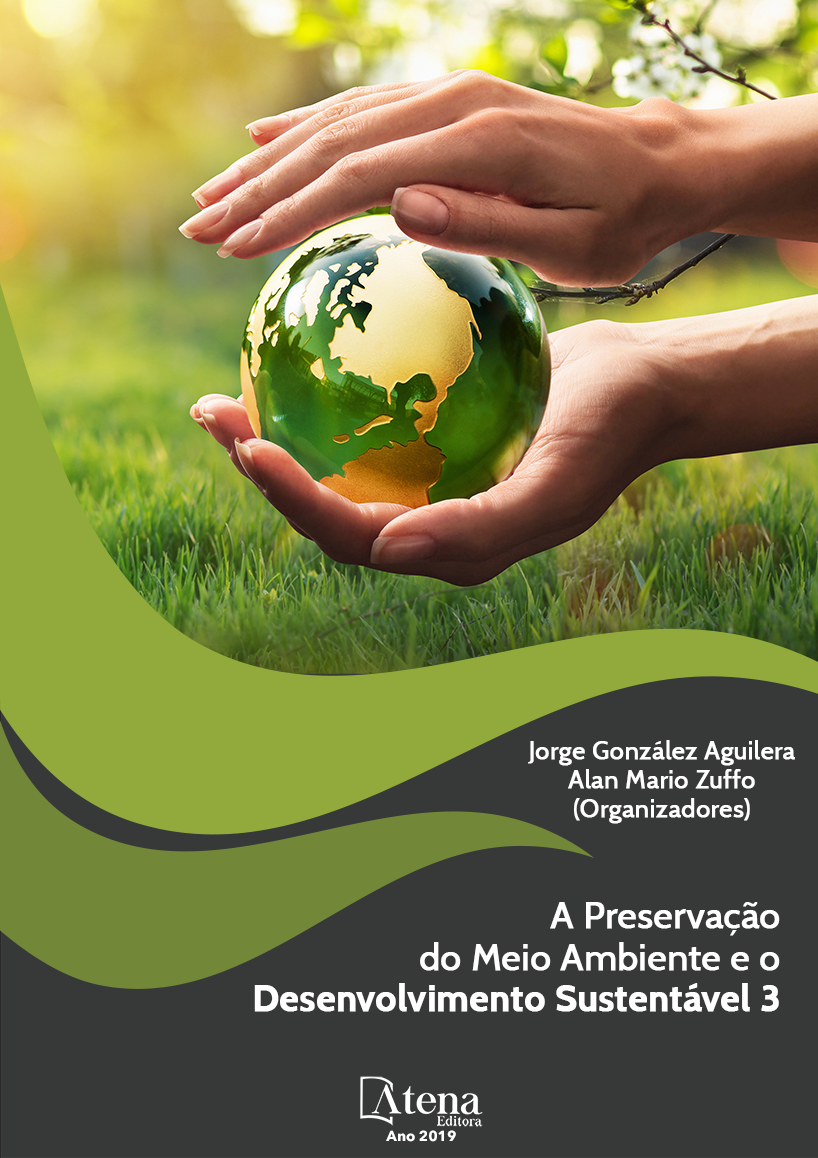
CAÇA E MANEJO DE FAUNA SILVESTRE NO BRASIL: ASPECTOS LEGAIS E O EXEMPLO DOS QUELÔNIOS E CROCODILIANOS
A “caça” no Brasil é matéria de competência legal concorrente e difusa entre a União e os Estados. Há evidente omissão legislativa da União quanto a esse tema, inclusive quanto à modalidade “caça de subsistência”. Em face dessa fragilidade legal, há margem interpretativa razoável para conceber que aos Estados recaia a plena competência sobre esse assunto, podendo assim regulamentar a caça, seja ela para subsistência ou outra modalidade com viés comercial. Neste trabalho, objetivouse defender que o conceito de caça pode ser entendido como uma estratégia de manejo de fauna, normatizada em um sistema metodológico
padronizado, como uma modalidade de manejo adaptativo. São condições elementares para o sucesso no manejo de recursos de uso comum, incluindo a caça sustentável, a partir da implementação de planos de manejo locais, a definição clara e objetiva dos seus usuários, das instâncias autorizativas e fiscalizatórias competentes, sendo que quanto menor for o processo burocrático envolvido, maior a eficiência de implementação desses planos. É importante para o poder público reconhecer que o manejo da fauna já ocorre, mesmo quando não é autorizado pelo órgão competente. O quadro atual que predomina é o de livre acesso, sem qualquer forma de regulação além de ações de proteção que ocorrem em frequência totalmente insuficientes para coibir os ilícitos ambientais, sendo esse o pior cenário para garantir o uso sustentável da fauna.
CAÇA E MANEJO DE FAUNA SILVESTRE NO BRASIL: ASPECTOS LEGAIS E O EXEMPLO DOS QUELÔNIOS E CROCODILIANOS
-
DOI: 10.22533/at.ed.3891914087
-
Palavras-chave: Caça; Crocodilianos; Fauna; Manejo; Quelônios.
-
Keywords: : Chelonians; Crocodilians; Management; Hunting; Wildlife.
-
Abstract:
“Hunting” in Brazil is a matter of competing and diffused legal competence between the Union and the States. There is a clear legislative omission by the Union on this
issue, including the “subsistence hunting” modality. In the face of this legal fragility, there is a reasonable interpretative scope to conceive that the State has full competence on this matter and may regulate hunting, whether for subsistence or other commercial bias. In this work, we aimed to defend the concept that hunting can be understood as a strategy of fauna management, standardized in a adaptative methodological system. They are basic conditions for the success in the management of resources of common use, including the sustainable hunting, from the implementation of local management plans, the clear and objective definition of its users, of the competent authorizing and fiscalizing instances, being that the less the bureaucratic process involved, the greater the efficiency of implementation of these plans. It is important for the public authority to recognize that wildlife management already occurs, even when it is not authorized by the competent authority. The current situation that prevails is that of free access, without any form of regulation, besides actions of protection that happen in frequency totally insufficient to curb the environmental illicit, being the worse framework to guarantee the sustainable use of the fauna.
-
Número de páginas: 15
- Marilene Vasconcelos da Silva Brazil
- Rafael Antônio Machado Balestra


